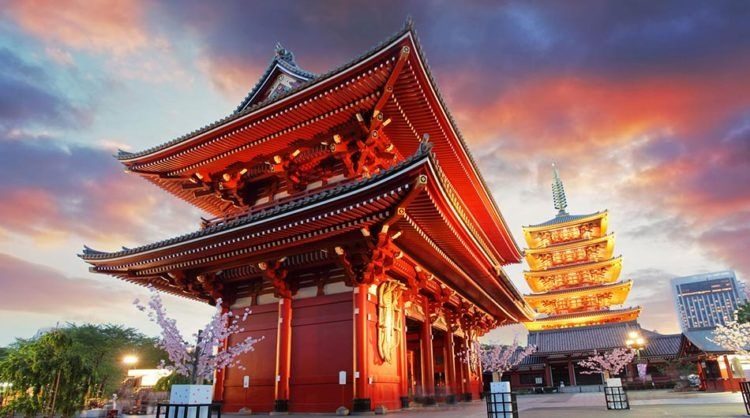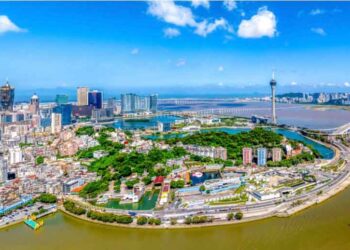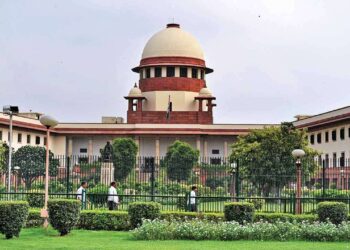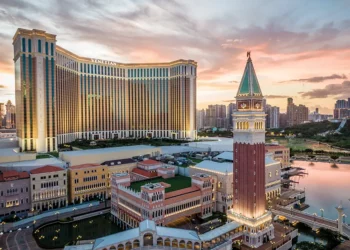The Japanese government is set to host a series of public hearings around the country to explain its Integrated Resort policies after the expert committee tasked with establishing recommended guidelines presented its finding to Prime Minister Shinzo Abe on Tuesday.
As reported by Reuters, the committee will hold the meetings on behalf of the government in nine potential IR host cities between 17 and 29 August where they will address the key issues surrounding casinos including problem gambling regulation and anti-money laundering measures. The cities include Tokyo, Osaka, Hiroshima, Fukuoka, Sendai, Sapporo, Nagoya, Toyama and Takamatsu in Kagawa Prefecture.
Osaka, which Melco Resorts has cited as the target of its own ambitions, remains a strong favorite to be granted one of Japan’s first IR licenses should the IR Implementation Bill pass through the Diet in late 2017 or early 2018.
However, a number of other cities have expressed their interest in recent months with Nagoya Governor Hideaki Omura announcing this week that he would form a committee to examine construction of an IR on a man-made island near Chubu Centrair International Airport.
Details of the expert committee’s report suggest a series of tight restrictions on Japanese IRs will form part of the proposed IR Implementation Bill as officials look to placate concerns over the social impact of casinos on local communities.
They include an upper limit on the total floor space allowed – rumored to be in the vicinity of 15,000 square meters – and limits on the number of times local residents would be allowed to enter each month. Residents would potentially be tracked by having to show their My Number identity cards upon entry.
It remains unclear whether an entry levy will form part of the bill, although such restrictions would not apply to tourists.
The report also proposes strict zones to be implemented where IRs are eligible to be built based on future studies to be conducted by the Ministry of Land, Infrastructure, Transport and Tourism, while a new Casino Control Board will oversee licensing procedures and have the ability to cancel licenses for any organization found to have links to organized crime.



































